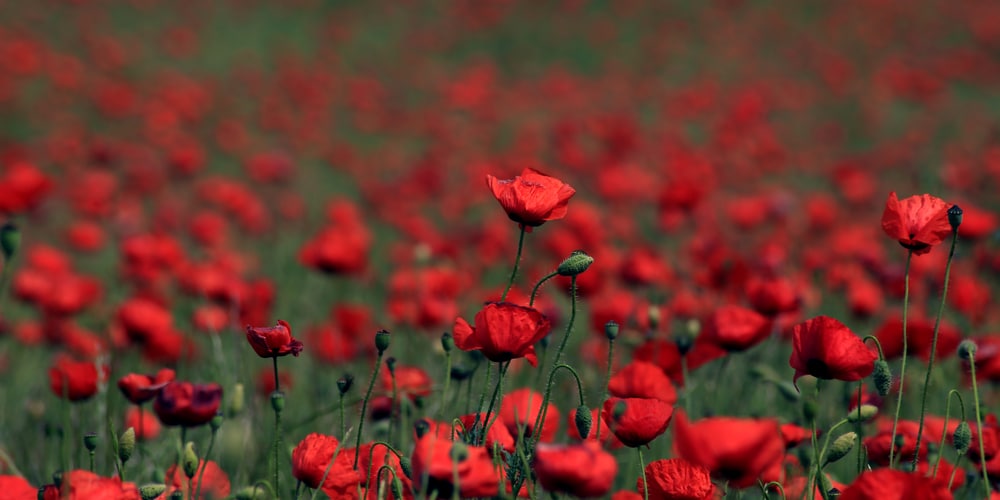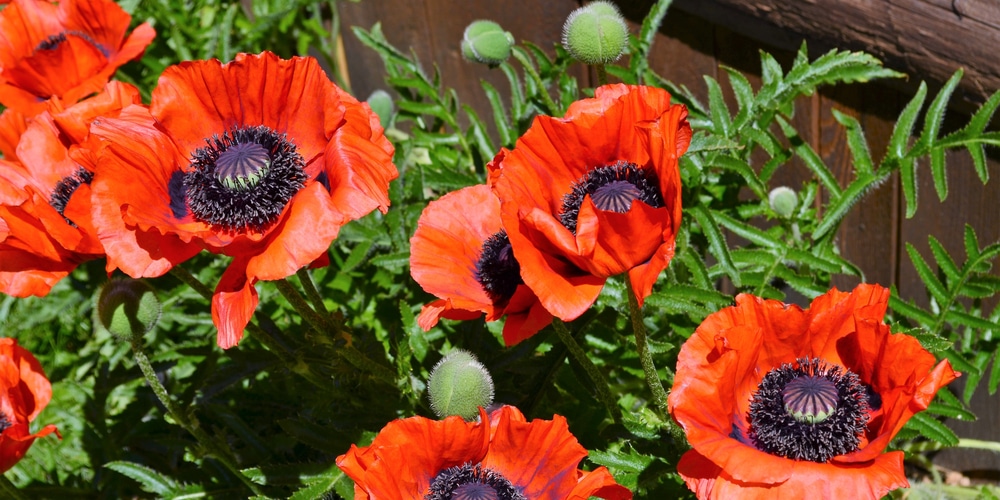Poppy seeds can be planted in zone 6, but there are a few things to consider before planting. This zone’s climate and weather conditions can vary greatly, so it’s essential to plant in the late spring or early summer to get the most from your plants. Poppies are pretty hardy and can cope with colder weather; they can also be planted early in the fall.
Here are some tips on when to plant poppy seeds in zone 6. We’ll also look at how to care for your plants once they’ve grown.
Climate and weather in zone 6
The climate in zone 6 is relatively cool, with warm summers and cold winters. Frost is common in some places, which means that it’s important to get the timing right when planting poppy seeds. You should also take into account the specific conditions in your area.
In general, it’s best to wait until late spring or early summer to plant poppy seeds in zone 6. This will give the plants enough time to grow and bloom before the colder winter weather arrives. Wait until after the threat of frost has passed before planting your seeds, as frost could wipe out young seedlings.
That being said, many varieties of poppies are hardy and like cold weather. You can also try planting poppy seeds in the fall if you live in an area with milder winters.
What to consider before planting
Before planting poppy seeds in zone 6, it’s important to consider your soil type. Poppy plants prefer well-drained soil that is rich in organic matter. If your soil is heavy or clay-like, you may need to amend it before planting.
You should also consider the amount of sun and shade your flower beds get. Poppies need at least six hours of sunlight per day to thrive.
Planting instructions
- Choose a sunny spot in your yard to plant the poppy seeds.
- Prepare the soil by loosening it with a spade or tiller. If your soil is heavy or clay-like, you may need to amend it with some organic matter.
- As poppy seeds are small you can sprinkle them on the soil’s surface. There’s no need to bury them or push them into the ground.
- After planting, water your seeds well. Keep the soil moist until the seeds germinate and the plants begin to grow.
- Once the plants are established, they will need a little care. Water them regularly.
How to care for poppies
Poppies, have the botanical name Papaver rhoeas and are relatively low-maintenance plants. They are part of the Papaveraceae family and are called several names, including common poppy, red poppy, corn poppy, or field poppy.
Poppies must be watered regularly, especially during the summer and dry periods. You can also fertilize your flower beds once or twice a season using a well-balanced fertilizer.
In zone six, poppies will bloom from late spring to early summer. It would help if you deadheaded the plants after they bloom to keep them tidy and encourage re-bloom later in the season.
Poppies are annual plants, meaning they will only last for one growing season. You can save the seeds from your plants to replant them the following year. Alternatively, you can purchase new seeds each year.
Conclusion
Poppy seeds can be a beautiful addition to your garden, but it’s important to know when to plant them. Zone six can be a challenging area to grow poppies in due to cold weather. With some planning and care, poppies can thrive. Follow these tips on when to plant poppy seeds in zone 6 to produce beautiful blooms.
Some varieties of poppies can cope with colder weather. There are also many other varieties of wildflowers that can be planted in the fall.

